Since its birth in the mid-fifties as a showcase for religious cinema and human values, the Valladolid International Film Festival (Seminci) has consolidated itself as one of the most prestigious festivals in Europe, a showcase where consolidated authors and new promises from different latitudes meet to outline a plural and versatile panorama of contemporary cinema.
This commitment to a daring and courageous program that makes room for disparate languages and forms, that shelters truly independent proposals, is the hallmark of a festival that has been committed to authorship since its origins, as evidenced by the fact that the first Golden Spike, the highest award of the event, went to Truffaut’s Los cuatrocientos golpes. The screening of this film in a Spain subjected to censorship was not the exception, but the rule that consecrated the Seminci as a window to the world, as the place of reference where works whose commercial release was limited, if not already prohibited, could be seen.
It was in Valladolid where it was possible to see, in their full version, works by Bergman, Wilder, Kurosawa, Bresson, Welles, Wajda, Oliveira, Fellini, Pollack, Frankenheimer, Kluge, Brooks, Preminger, Kobayashi and Fuller, to name just a few of the names that, year after year, filled the halls of a faithful public eager for a cinema that broke away from the norm, plagued by themes and forms that broke with the stagnant production that reached the screens where the hand of censorship still hovered, which could not prevent, for example, that A Clockwork Orange was released during the twentieth edition, just a month before the death of Franco.
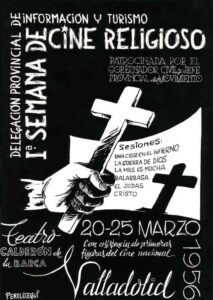
Valladolid Religious Film Week
Valladolid Religious Film Week
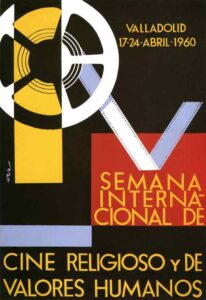
International Religious Film and Human Values Week
International Religious Film and Human Values Week
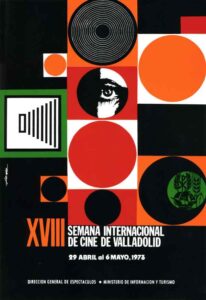
Valladolid International Film Week
Valladolid International Film Week
With the dictatorship gone, the Seminci evolved with the times, never losing sight of its course and with the desire to anticipate the waves of tomorrow and take the pulse of the cinema of the margins that found a place in programs that were always planned with a coherence that elevated the festival to a reference point for the entire continent. Valladolid was the gateway to the Spanish market for authors such as Abbas Kiarostami, Atom Egoyan, Andrei Tarkovsky, Nanni Moretti, Terence Davies, Jean-Pierre and Luc Dardenne, Michael Haneke, John Lasseter, Mike Leigh, Lars von Trier, Jane Campion, Ken Loach, Zhang Yimou, Krzysztof Kieslowski, Tran Anh Hung, Samira Makhmalbaf, Edward Yang, Alexandr Sokurov, Jafar Panahi and Darren Aronofsky, many of whom came to the festival to present their works.
The Seminci stage has also been graced by the likes of Arthur Penn, Stanley Donen, Michael Cimino, Brad Pitt, Woody Allen, Stephen Frears, Pedro Almodóvar, Michael Winterbottom, Jim Jarmusch, Mickey Rourke, Julie Christie, Claude Chabrol, Kenneth Branagh, Jonathan Demme, Mira Sorvino, Bong Joon-ho, Juliette Binoche, Vittorio Storaro and Malcolm McDowell, who have received the applause of the thousands of spectators who make up such a demanding and loyal audience.
In its last editions, Valladolid has bet on new creators such as Jacques Audiard, Alexander Payne, Denis Villeneuve, Andreas Dressen, Wolfgang Becker, Christian Petzold, Kelly Reichardt, Damien Chazelle, Wang Quan’an and Chloé Zhao, to name just a few of those who have integrated programs accompanied by cycles and retrospectives that make up another of the pillars on which the event is based and that aim to illuminate the production of different parts of the map, always structured from a rigor and coherence inscribed in the DNA of the festival.
Festival Directors
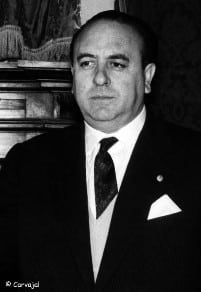
Antolín de Santiago y Juárez
Born in Salamanca, Antolín de Santiago y Juárez spent his childhood in Olmedo (Valladolid) and returned to his homeplace to complete his college training.
After graduating in Law, he worked as a journalist and qualified accountant, as well as filling several positions in the state’s administration.

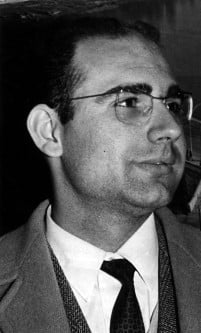
Carmelo Romero
Born in La Rioja,he founded and directed a number of film societies before becoming the director of the Teatro de Cámara Corral de Comedias . Between 1974 and 1975, he directed the Valladolid Film Festival.
A member of FIAPF’s International Committee of Festival Experts, he has collaborated since 2001 with the Málaga Film Festival, the Montreal World Film Festival and the Biarritz International Festival of Audiovisual Programmes.

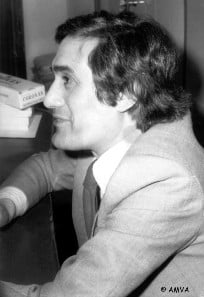
Rafael González Yáñez
A lecturer at Valladolid’s Escuela de Publicidad (INCA ) and a journalist by vocation, Rafael González Yáñez was appointed director of the Valladolid International Film Festival in 1976 and held that position during the following two editions.
After leaving the Festival’s steering committee in 1983, this Valladolid-born journalist started up several radio stations in Madrid, Almería and the Basque Country.

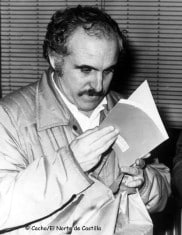
Fernando Herrero
Born in Zaragoza, he graduated in Law by the University of Madrid and joined the Festival’s steering committee between 1978 and 1983.
Among his achievements, mention must be made of his contribution as a founder of the University of Valladolid’s Chair of Drama and of the city’s School of Drama.

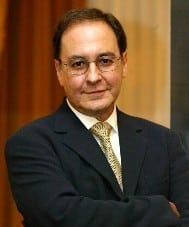
Fernando Lara
Born in Madrid, Fernando Lara studied Journalism and Arts in the same city before teaching film at the Colegio Santa María de los Rosales.
Between 1984 and 2004 he combined the direction of the Valladolid International Film Festival with his collaborations for the Berlin Film Festival and his participation in the summer courses of Madrid’s Universidad Complutense. From 2005 to 2009 he held the position of director at Spain’s Instituto de la Cinematografía y de las Artes Audiovisuales (ICAA).

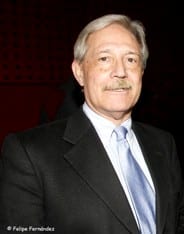
Juan Carlos Frugone
A writer and a film critic, Juan Carlos Frugone remained involved with the Valladolid Film Festival since 1984, although his work as the SEMINCI’s director stretched over a three-year period: from 2005 to 2008.
He was born in Buenos Aires and developed his professional career both in his native Argentina and in the US and Spain, where he settled in 1976. He worked as a film critic for radio and television, as well as for magazines and dailies like Clarín or Diario 16, among others. As a writer, he was the author of three books published by the Valladolid Film Festival, respectively on Mario Camus (Mario Camus. Oficio de gente humilde, 1984), Rafael Azcona (Rafael Azcona. Atrapados por la vida, 1987) and Stanley Donen (Stanley Donen… Y no fueron tan felices, 1989).

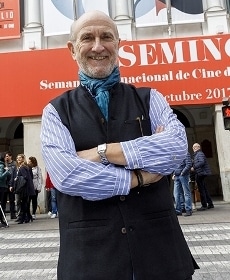
Javier Angulo
Born in Bilbao, Javier Angulo studied Journalism and founded, in 1995, the magazine 'Cinemanía', which he directed until 2006. He has been a regular contributor with Cadena Ser and he has colaborated with the Málaga Film Festival during ten years. In 2007 he created Tele- Málaga, the first cinema and fiction spanish festival for television.
As a writer, he is the author of 'Ibarrola, un pintor maldito?' and 'El poderoso influjo de Jamón, jamón', amongst others.
With the film 'La Pérdida', documentary full-length film about the brain drain of Argentina, Javier Angulo makes début as a scriptwriter and cinema director.

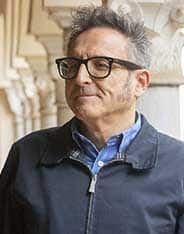
José Luis Cienfuegos
José Luis Cienfuegos takes over as director of Seminci after having been at the helm of the Seville Festival since 2012. As director of the European film festival, Cienfuegos has brought together the great figures of European cinema, from legends such as Agnès Varda and Paolo Taviani, to winners of the Palme d'Or at the Cannes Film Festival, such as Jacques Audiard, Abdellatif Kechiche and Ruben Östlund, as well as creators who have set the pace for auteur cinema in recent times, such as Joanna Hogg, Alice Rohrwacher, Elia Suleiman, Abel Ferrara, Pietro Marcello, Christian Petzold, Sergei Loznitsa, Jessica Hausner, Mark Cousins, Andrea Arnold, Ulrich Seidl, Pedro Costa, Miguel Gomes, Aleksandr Sokúrov, Roy Andersson and João Pedro Rodrigues.

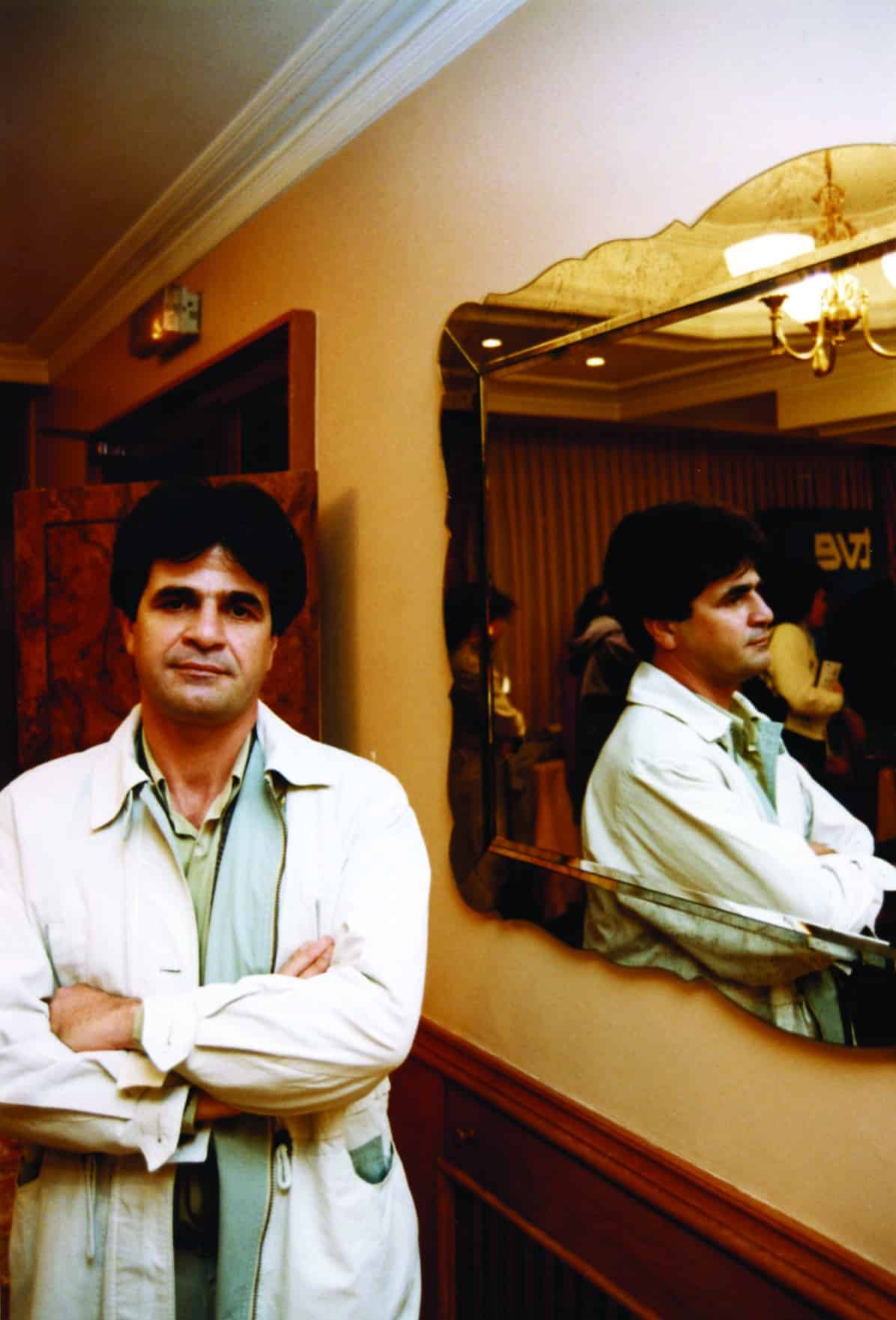
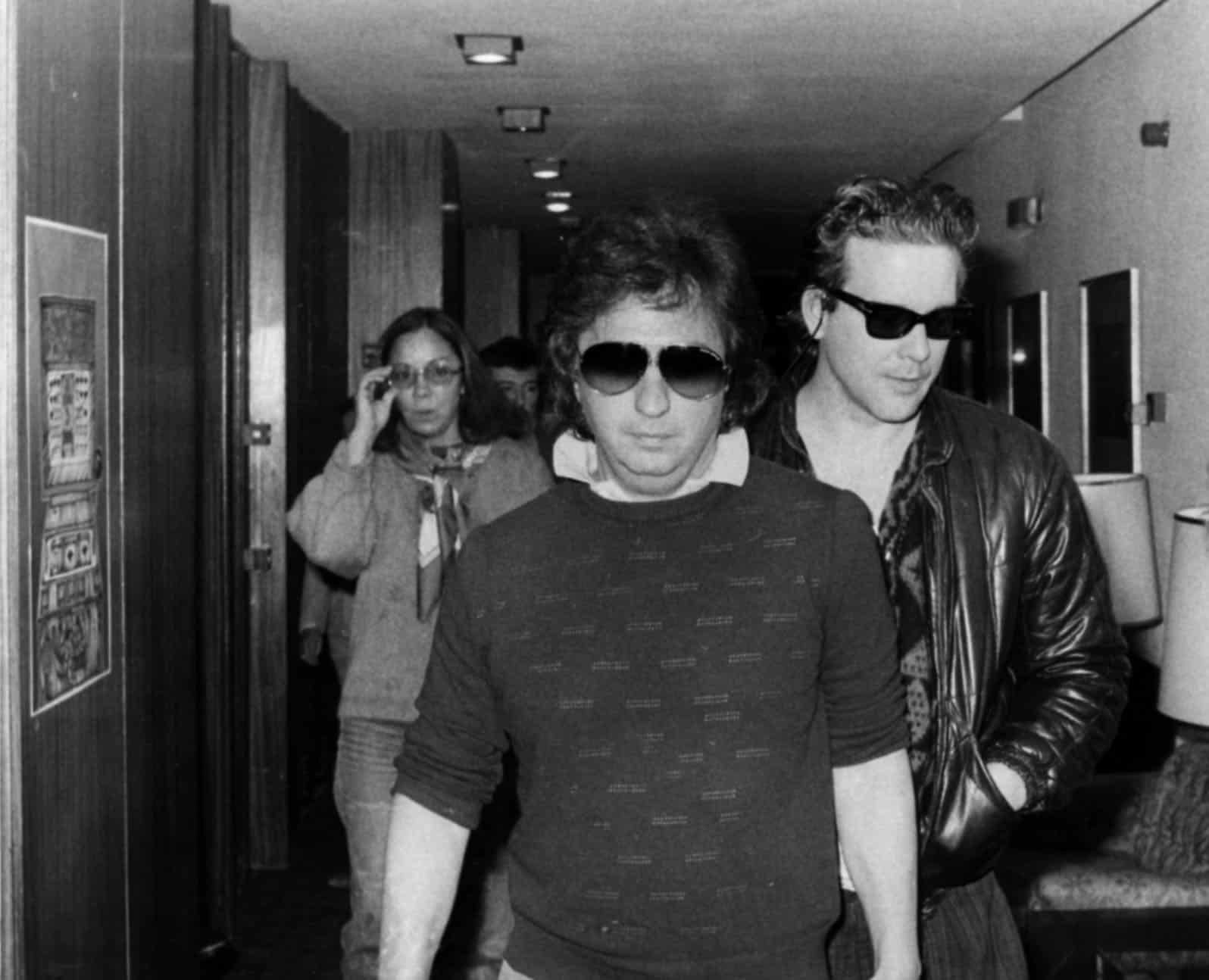
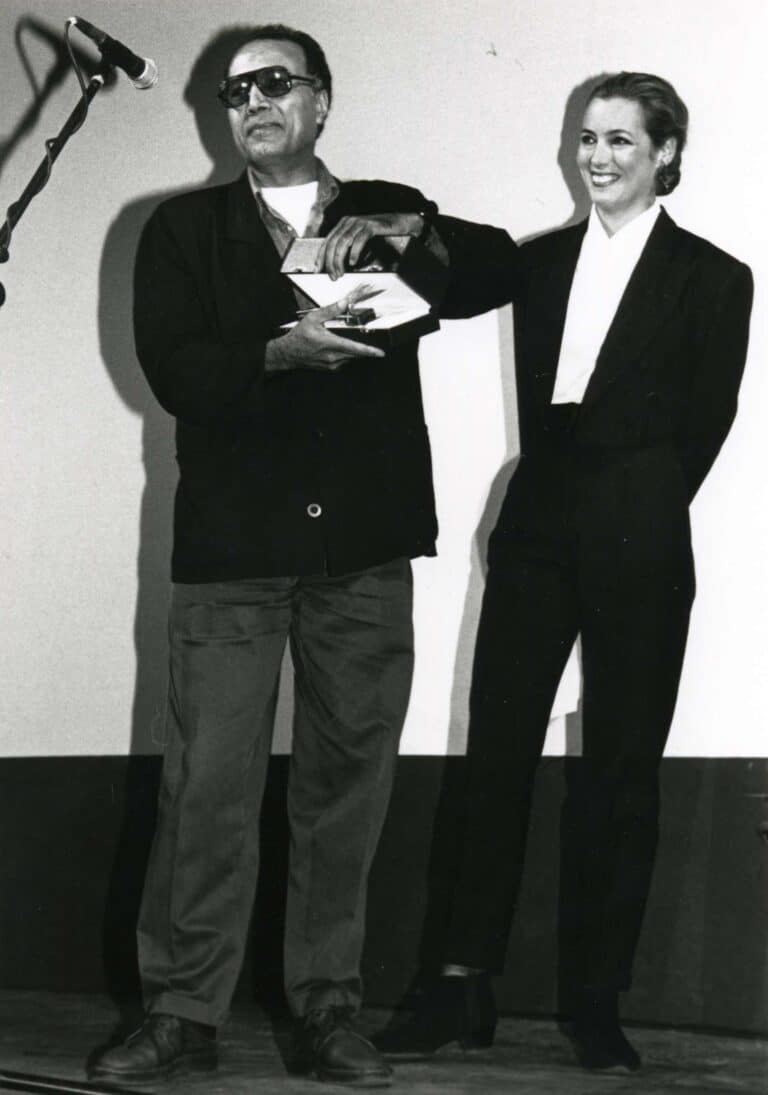
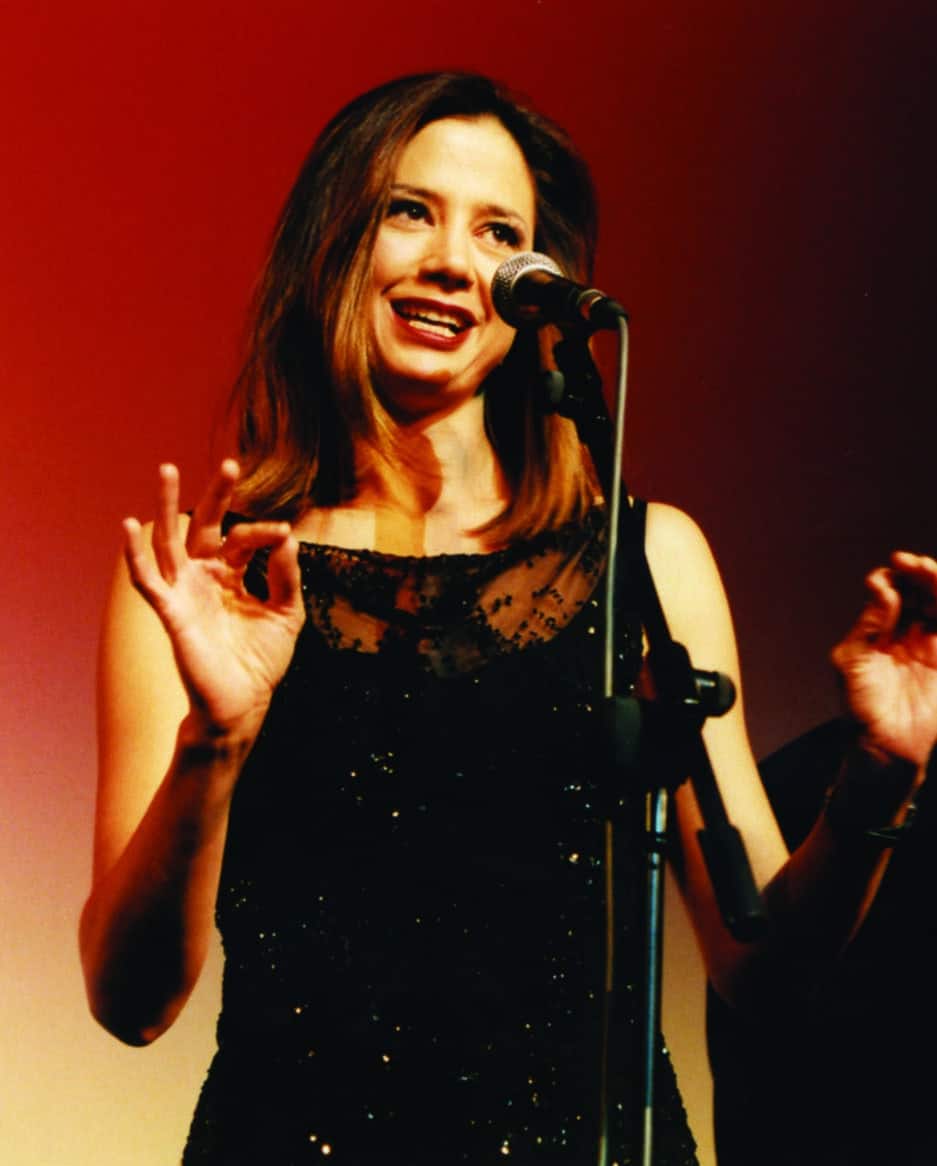
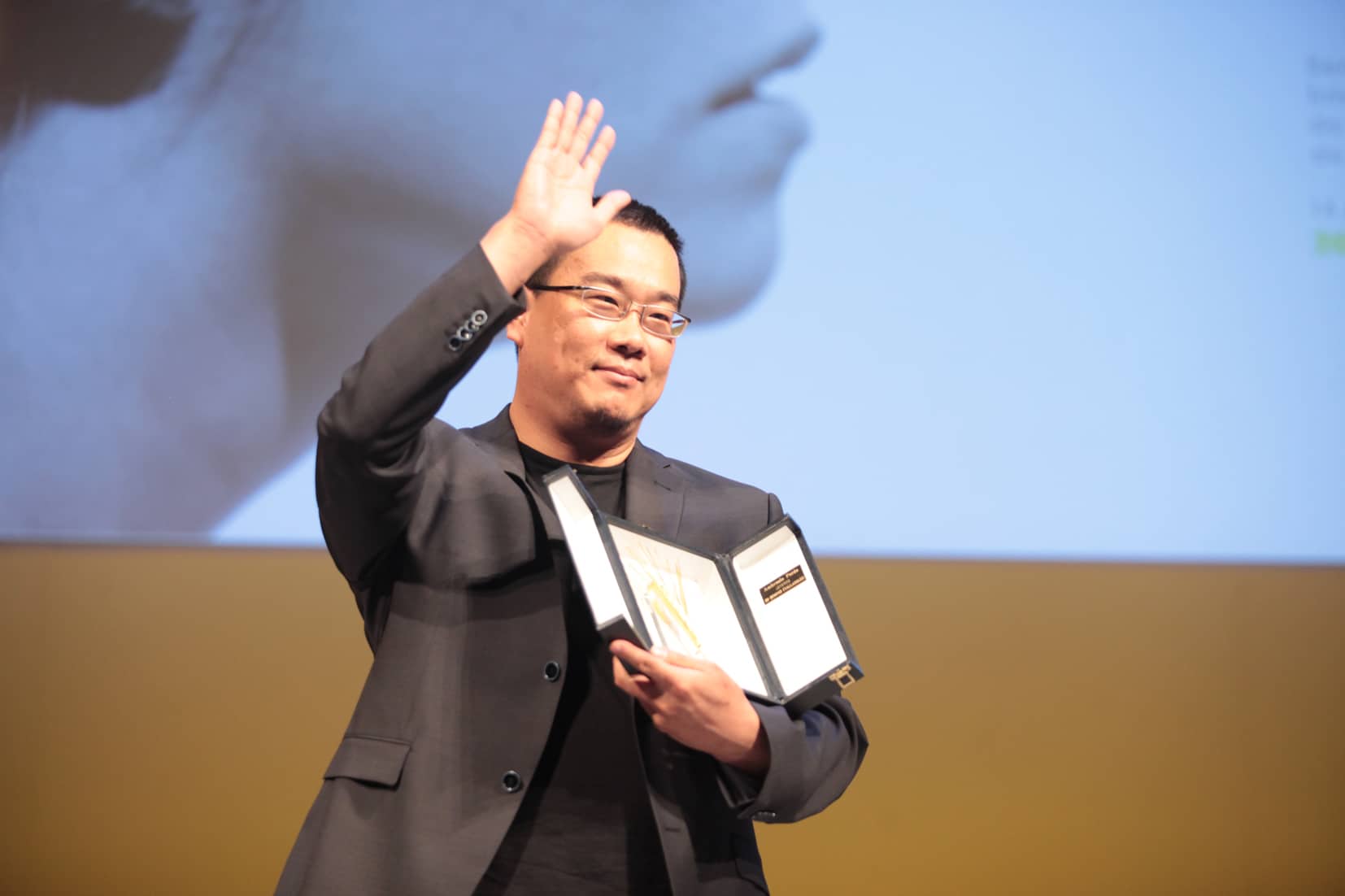
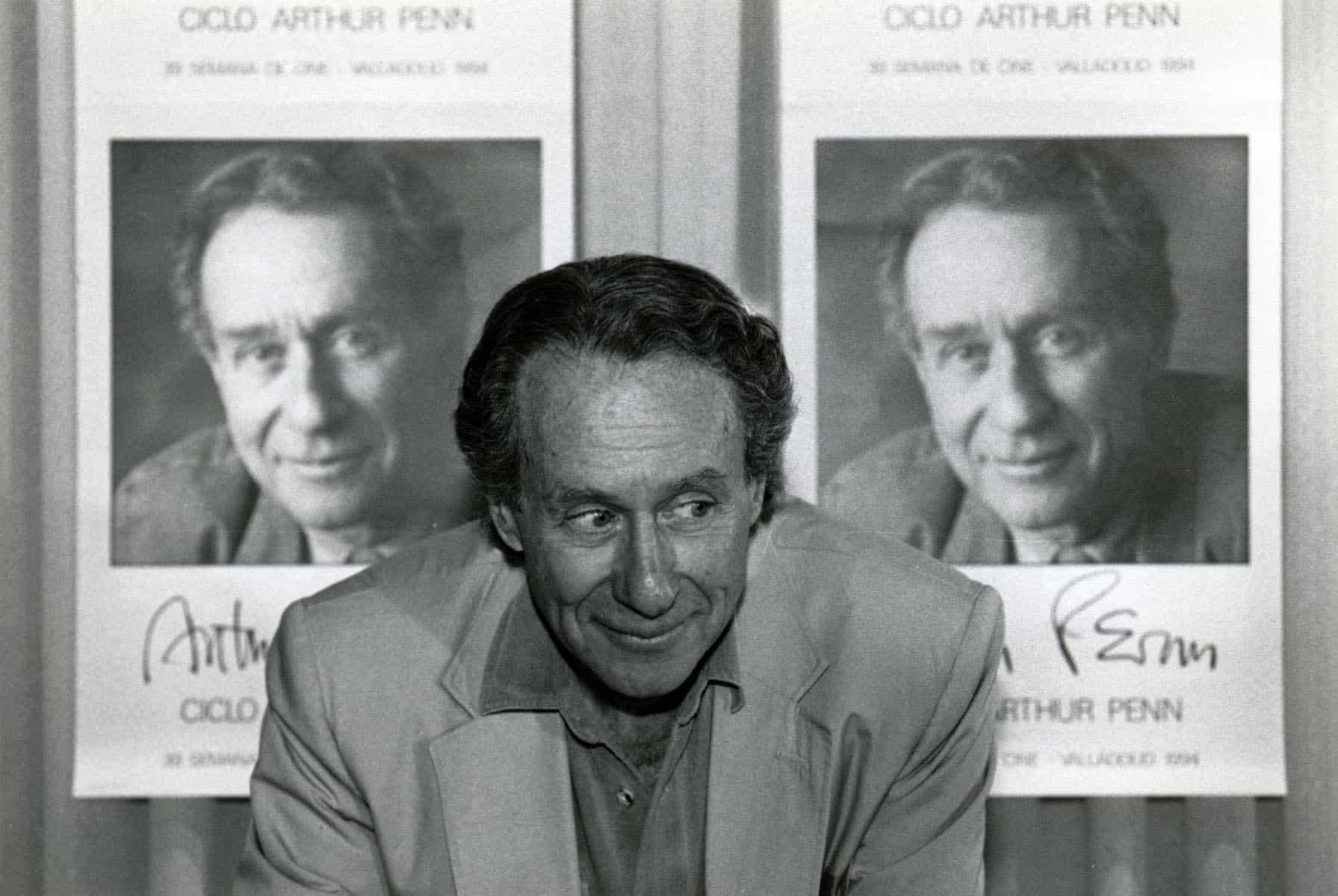


























![Logo Foro Cultural de Austria Madrid[1]](https://www.seminci.com/wp-content/uploads/2024/09/Logo-Foro-Cultural-de-Austria-Madrid1-300x76.jpg)








